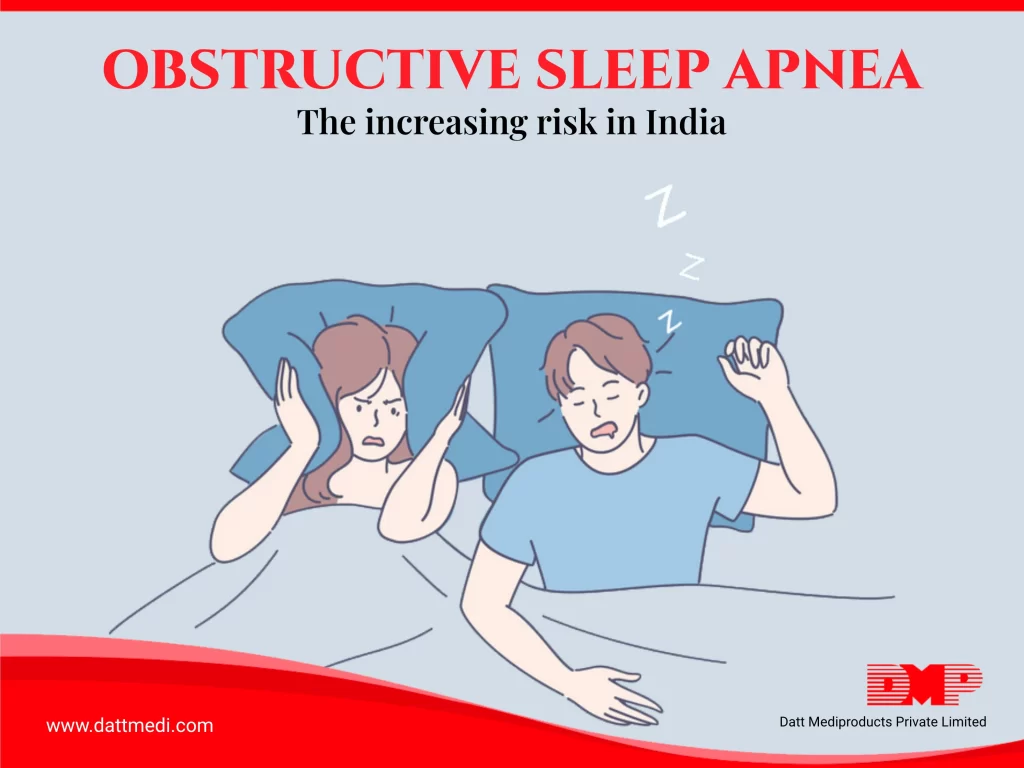
Yoga is an ancient practice ,around for centuries, and can help with overall health. It has been said that “Our breathing process – the way we inhale, hold our breath, and exhale – can change our mind and our body in a positive way,” It is a great practice through which you can improve your physical and mental wellness.
How does yoga help physically?
1. Increased Flexibility: One of the primary benefits of yoga is increased flexibility. Through the practice of various yoga poses, you can stretch and elongate your muscles, improving your range of motion and flexibility.
2. Improved Strength: Yoga is also an excellent way to build strength. Many yoga poses require you to support your body weight, which can help increase muscle tone and strength.
3. Better Posture: Practicing yoga can also improve your posture. Many yoga poses work to align the spine and improve overall posture, which can help reduce back pain and improve overall comfort.
4. Reduced Risk of Injury: By improving your flexibility and strength, yoga can also reduce your risk of injury. Improved flexibility can help prevent muscle strains and tears, while increased strength can help support your joints and prevent injury during physical activity.
5. Improved Breathing: Yoga also focuses on deep breathing exercises, which can improve lung capacity and overall respiratory health. Better breathing can also help reduce stress and anxiety.
Yoga can reduce stress, anxiety, and fatigue in people living with chronic illness, and it can improve immune function. People have reported that after incorporating yoga into their daily lives, they noticed a significant improvement in a number of chronic ailments. Researchers stated in a number of studies that regular practice of yoga can effectively manage all types of pain.
How does it help mentally?
After the pandemic, the world witnessed ever-growing depression and anxiety cases. The number of anxiety attacks is increasing at an alarming rate. With an increasing awareness of the importance of mental health, yoga has emerged as a highly effective solution.
1. Reduced Stress: Through the practice of deep breathing exercises and meditation, you can calm your mind and reduce feelings of stress and anxiety.
2. Improved Focus: Yoga also requires concentration and focus, which can improve cognitive function and overall mental clarity. This can help improve productivity and performance in everyday life.
3. Better Sleep: Practicing yoga before going to bed can also improve sleep quality. Yoga can help relax the body and mind, making it easier to fall asleep and stay asleep throughout the night.
4. Improved Mood: Yoga has also been shown to improve mood and reduce symptoms of depression. Regular yoga practice can increase levels of serotonin and decrease levels of cortisol, resulting in an improved mood and reduced stress.
5. Increased Self-Awareness: Finally, yoga can also help increase self-awareness. By practicing mindfulness and focusing on the present moment, you can become more in tune with your thoughts and emotions, leading to improved self-awareness and self-esteem.
Incorporating Yoga into Your Daily Routine
If you are interested in reaping the benefits of yoga, there are several ways to incorporate it into your daily routine. Consider joining a yoga class at your local gym or studio, or following online yoga videos from the comfort of your own home.
When starting a yoga practice, it is essential to start slowly and gradually build up to more advanced poses. Listen to your body and only push yourself as far as you are comfortable. Remember, yoga is not a competition, and it is essential to honor your body and its limits.
Overall, yoga is an excellent way to improve physical and mental wellness. From increased flexibility and strength to reduced stress and anxiety, the benefits of yoga are numerous. Whether you are a seasoned yogi or just starting, incorporating yoga into your daily routine can have a significant impact on your overall health and wellbeing.
So why not give it a try today?
Follow @dattmediproducts for more such health care tips.







